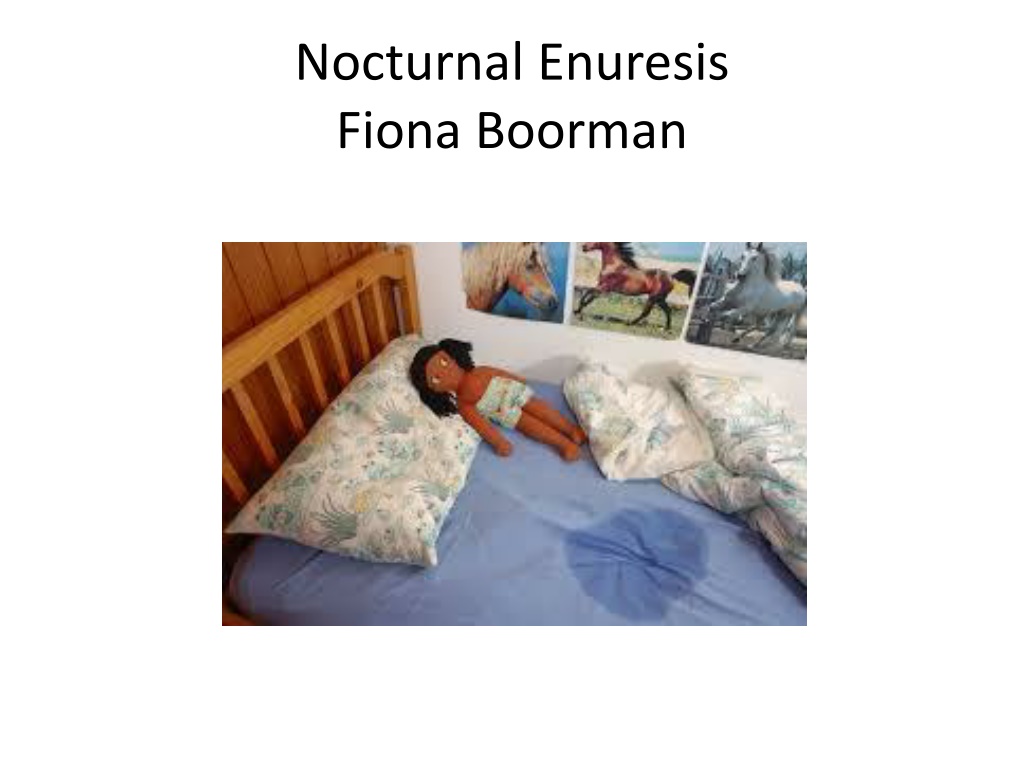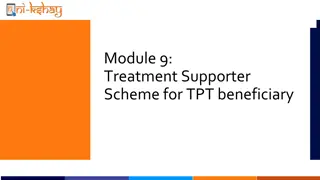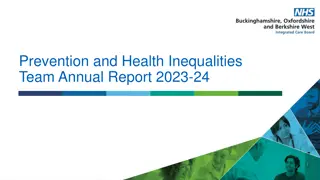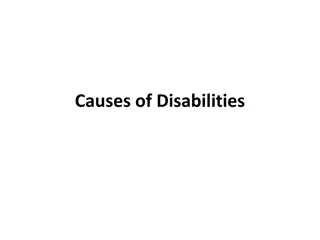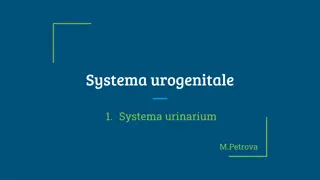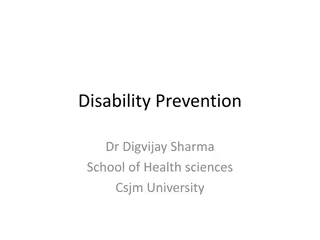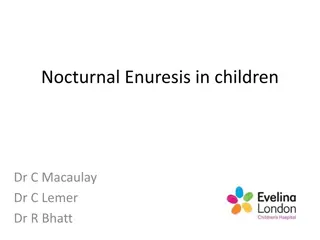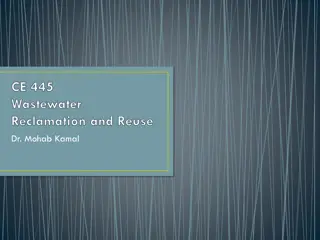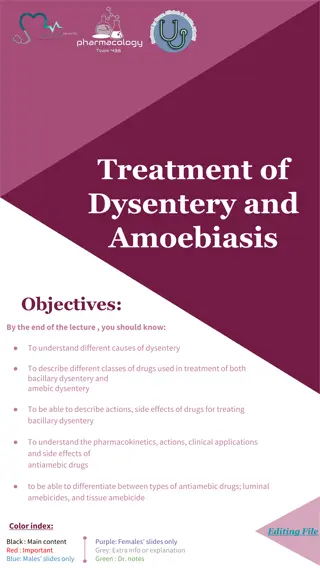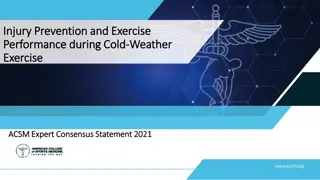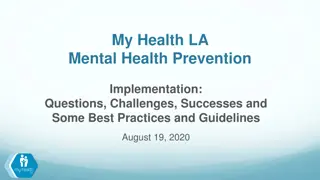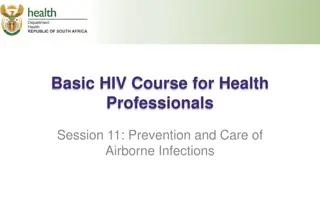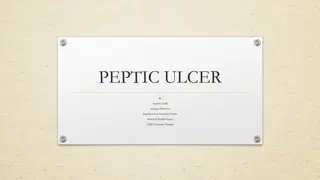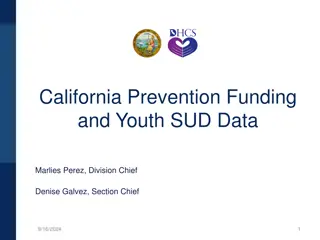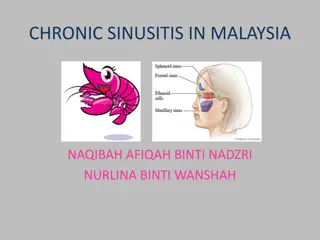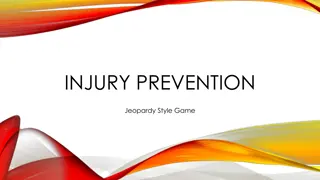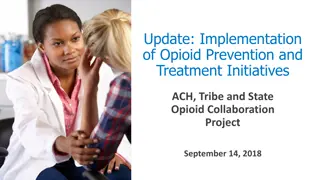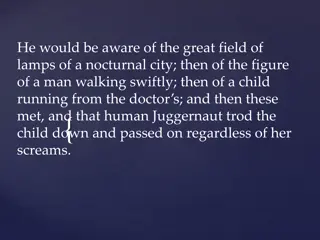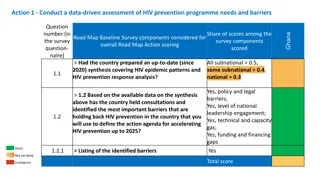Understanding Nocturnal Enuresis in Children: Causes, Treatment, and Prevention
Nocturnal enuresis, also known as bedwetting, is a common issue in children, with causes ranging from genetic factors to poor sleep quality. This condition can have a significant impact on a child's self-esteem and family dynamics. Effective management strategies include fluid restriction, rewarding dry beds, and addressing physiological reasons like lack of vasopressin production and poor arousal during sleep. Seeking timely intervention and understanding the underlying reasons can help alleviate the challenges associated with bedwetting.
Download Presentation

Please find below an Image/Link to download the presentation.
The content on the website is provided AS IS for your information and personal use only. It may not be sold, licensed, or shared on other websites without obtaining consent from the author. Download presentation by click this link. If you encounter any issues during the download, it is possible that the publisher has removed the file from their server.
E N D
Presentation Transcript
Nocturnal Enuresis Fiona Boorman
Nocturnal enuresis is........ Intermittent incontinence of urine when sleeping....(Nice 2010) in a child at least 5 years old Primary never or only very occasionally dry. Secondary- have been dry for 6 months previously.
Prevalence (Approx.) Age Girls Boys 5 years 5% 10% 7 years 3.5% 7% 9 years 1% 2% 19 years 0.7% 1.5%
Causes and resolution Common problem More common in boys Can run in families, if both parents were, risk is about 75%, if one parent was, 40% chance. Evidence suggests if we did not treat it, it would slowly resolve until about 1% of pop. who continue, but usually develop ways of managing it.
Why treat? For child Self esteem, i m the only one! fear of discovery, avoid sleep overs sibling cruelty, parent assigning blame For parent Shame, embarrassment, thinks child is lazy, may punish them laundry costs, mattress damage, extra work worried about holidays failure, can t fix it, blame selves.
What is tried before seeking help? Lifting Restricting fluids Rewarding dry beds Pull ups Chastisement
Reasons for bedwetting 1 .Lack of Vasopressin (posterior pituitary) due to genetics-delayed production body drought in day- used it up lights/screens on at night symptoms- big patch/ patches of dilute wee -not so smelly
Reasons 2 Poor arousal during sleep (sleeps through) deep sleeper (except wee in peak not trough of circadian rhythm) poor quality of sleep (yawns in day) PS2, screens, phone checking, short nights? worrier
Reasons 3 Over active bladder (OAB) will have daytime symptoms too frequency and/or urgency Most common cause is strong urine, due to poor drinking (less than 6 good) poorly spread over day (try 50% early) wrong drinks- dark fruit, caffeine, fizz,?orange Night wets are frequent and small, may smell strong.
Reasons 4 plus Other reasons- UTI (diptest-treat) Bladder issues (Neuropathic) Poorly controlled T1 Diabetes Add. Problems eg. ADHD, behaviour hypermobility CONSTIPATION Biggest cause of delayed or compromised continence.
Full assessment Always complete proper assessment (sample document on ERIC.org.uk professionals) www.eric.org.uk/pdf-continence-assessment- form Documents from family - Poo chart- 2 weeks of stool type/frequency, any soiling? - Fluid type and amount in/out for 3 days If CONSTIPATED treat first. Good assessment, leads to treatment options
NICE Guidelines 111 (2010 UK) Dont exclude children under 7 Inform parents- not childs fault. Patient centred care. Alarm treatment first choice (most efficacy) Choice of treatment based on age/frequency of problem, type/motivation of child and needs of family.
Pre-treatment Address drinking pattern, type and amounts 6-8 of 150-300mls, more in early part of day, last one 90 mins before bed (ice cube if need) Bedding, Brolly sheet - not pullup, water- resistant quilt cover or cheap duvet. Screen ban, lighting, bottom bunk Good wee before final settle (double void?) Boys sitting wee. Reward compliance and drinking
Bedwetting Alarm Improves arousal to full bladder Assess childs motivation, not parents! Leave sign in bathroom to achieve reward if responding to alarm or to body signals No harm, unless troubled family, or anxious child. Shared bedroom. Types of alarm, how to make louder...... Parents guide for 1stfew nights. Wear for 1 month after last wet.
Desmopressin Tab 200 or 400mcg Melts 120 or 240 mcg , no drink needed Causes kidney to concentrate urine IMPORTANT- virtually no drink for 1 hr before and 8 hours after, only sip with tablets. If working -try a few days without every 6-12 weeks to see if still needed. (School holidays) Works for 1 night only- sleepovers/ residentials, if D & V or large evening drink, omit. Most effective for children passing dilute wee in large amounts and familial type N.E. Dont give if drinking still poor in day. Keep records.
Oxybutynin Treatment for OAB, has day symptoms too. To be seen by specialist nurse or GP as bladder scan needed (to ensure bladder emptying properly) and side affects need discussion. Dry mouth, skin, eyes. Urine retention, behaviour, constipation I prefer short term use. If poor drinker ,often doesn t work.
Combining treatments Any of the three treatments can be used together as they all work in different ways. These families may need support to manage treatments. Other drugs Amitriptyline Imipramine
Other stuff........... Stripping bed from 7 years, re making it from 10? Snoring/ sleep apnoea Basic problem analysis
Secondary Nocturnal Enuresis Previously dry for >6 /12, then starts wetting Think Constipation UTI Poorer drinking Poor sleep Noct. activities
More information Bladder & Bowel UK- Leaflets to download - Helpline - online shop ERIC.org.uk -online information -leaflets, downloadable. -helpline Mon-thurs 10:00-14:00 -online shop NICE clinical guideline 111 (2010)
